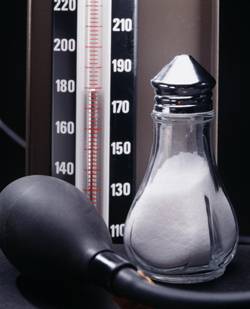What’s in a Name? Get Educated About Food
By: Nicole Hayes
What’s in a bag? What’s in a box? It’s a surprise, but not a gift. Most bagged, boxed, canned and pre-packaged foods contain “surprises”—called additives. They are names you can’t pronounce and whose affects can harm our bodies. For example, you’re watching your sugar intake but overlook an ingredient known as maltodextrin,(malto who??) a sugar derivative, a sweetner—and a carb alternative. Maltodextrin is found in most processed foods (and for those who work out), the additive is in many meal replacement and exercise performance products. Yikes! You’re trying to avoid one enemy (sugar) but unknowingly invite another (maltodextrin). To make matters worse, “refined sugar” hides under 30 or more names ending in “malt, “syrup” or “-ose.” Studies have shown that high a intake of sugar contributes to high blood sugar levels in the body, diabetes, heart disease, obesity and other issues. Sodium is another culprit whose levels in canned, frozen and processed foods exceed ten times or more of our body’s daily requirements. Monosodium glutamate (MSG), goes by many other names and is typically used as a flavor enhancer—but also considered an excitotoxin, upsetting and disturbing the nervous system.
Companies who prepare these foods will continue producing such items to satisfy consumer demand. Our busy lives and a desire to eat inexpensively drives the need for such foods. But our bodies are getting weary and worn ahead of their time, battered by a misunderstanding of how to preserve our health. Our bodies were highly designed to perform well and beyond what we’re witnessing today. Fortunately, many people are making the switch by cooking meals from scratch, eating what nature grows and not what science manufactures. Our access to knowledge is a keystroke away if we choose to accept accountability and responsibility for what we consume. Either the food you’re eating is real or it isn’t. Get educated.






